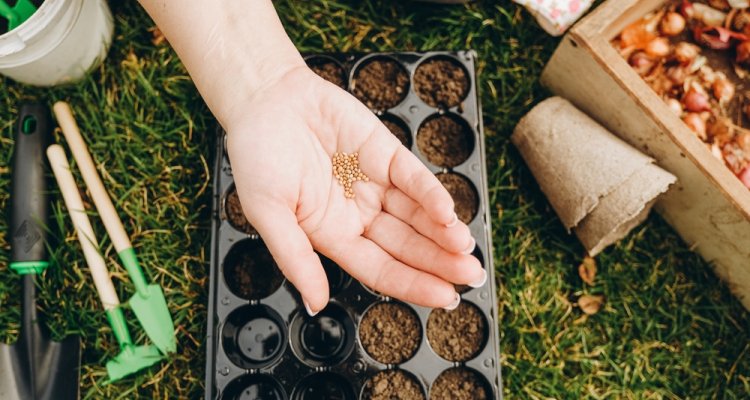
PhD defence
Allies not Bystanders: the Involvement of Spinach Seed Microbiota in the Suppression of Globisporangium ultimum Damping-Off
Summary
This thesis explored whether the seed microbiome benefits seed health, in particular through the suppression of pathogens. When planted in soil, seeds can become infected by soilborne pathogens even before germinating. If beneficial microorganisms could suppress disease, they would represent an alternative to the use of pesticides for safeguarding seed health. This is particularly important since seed-applied pesticides are gradually banned in the EU. We screened multiple crop-pathogen combinations and focused on spinach seeds and the pathogen Globisporangium ultimum which causes damping-off disease. Low incidence of damping-off disease correlated with certain microbial genera present in higher relative abundance. These were the bacterial genus Massilia as well as the basidiomycetous yeast genera Vishniacozyma, Filobasidium and Papiliotrema. We also demonstrated that these genera are culturable and ubiquitous, making them suitable as indicators of seed microbiome-mediated disease suppressiveness against G. ultimum in spinach seeds. Finally, being aware of the presence of beneficial microorganisms on seeds can motivate seed companies to avoid seed disinfection treatments and preserve seed microbiomes instead.